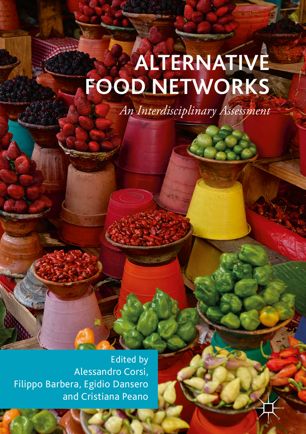

Most ebook files are in PDF format, so you can easily read them using various software such as Foxit Reader or directly on the Google Chrome browser.
Some ebook files are released by publishers in other formats such as .awz, .mobi, .epub, .fb2, etc. You may need to install specific software to read these formats on mobile/PC, such as Calibre.
Please read the tutorial at this link: https://ebookbell.com/faq
We offer FREE conversion to the popular formats you request; however, this may take some time. Therefore, right after payment, please email us, and we will try to provide the service as quickly as possible.
For some exceptional file formats or broken links (if any), please refrain from opening any disputes. Instead, email us first, and we will try to assist within a maximum of 6 hours.
EbookBell Team

4.1
20 reviewsIn recent years, Alternative Food Networks (AFNs) have been a key issue both in the scientific community and in public debates. This is due to their profound implications for rural development, local sustainability, and bio-economics. This edited collection discusses what the main determinants of the participation of operators – both consumers and producers – in AFNs are, what the conditions for their sustainability are, what their social and environmental effects are, and how they are distributed geographically. Further discussions include the effect of AFNs in structuring the food chain and how AFNs can be successfully scaled up.
The authors explicitly take an interdisciplinary approach to analyse AFNs from different perspectives, using as an example the Italian region of Piedmont, a particularly interesting case study due to the diffusion of AFNs in the area, as well as due to the fact that it was in this region that the ‘Slow Food’ movement originated.